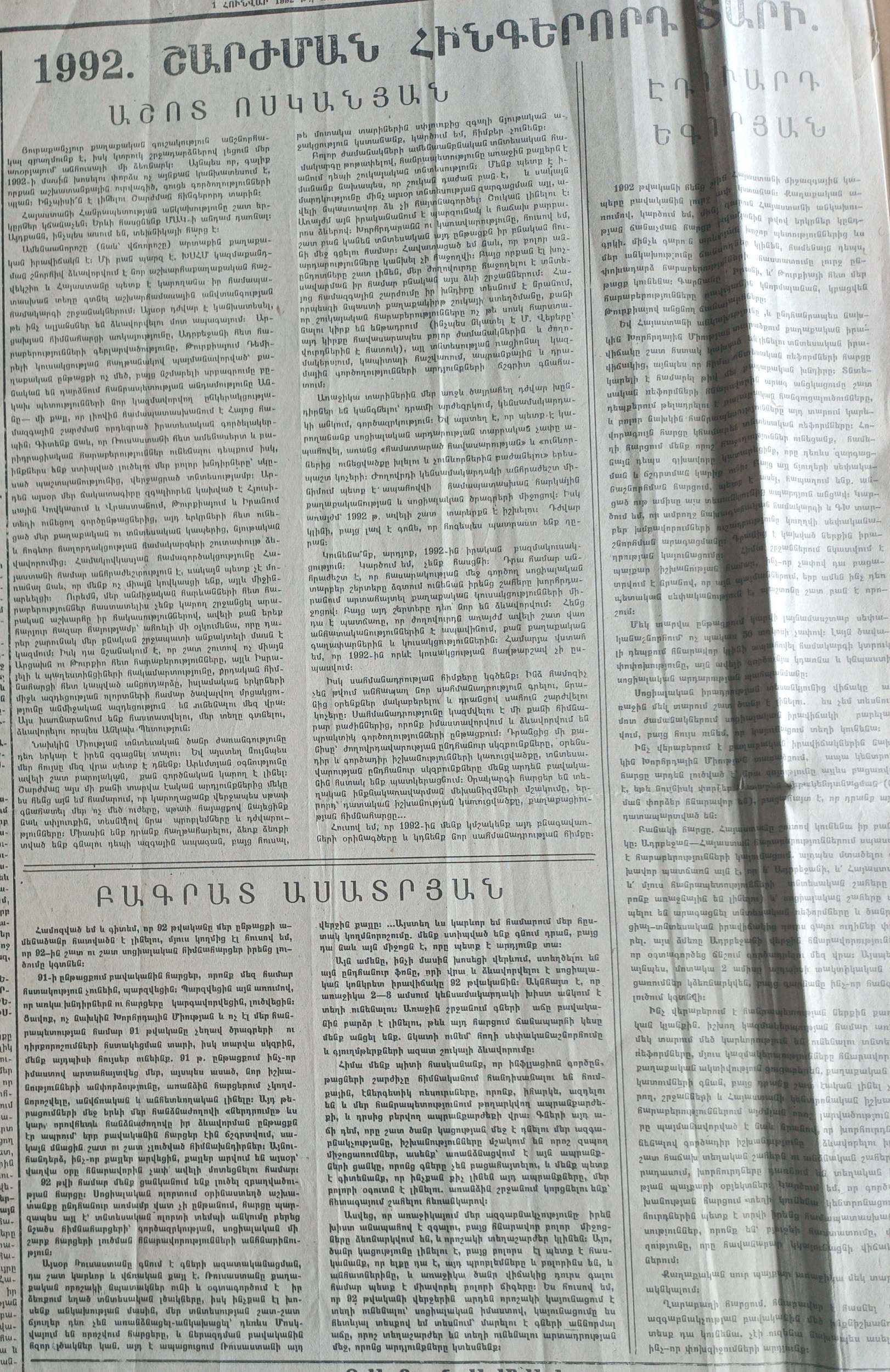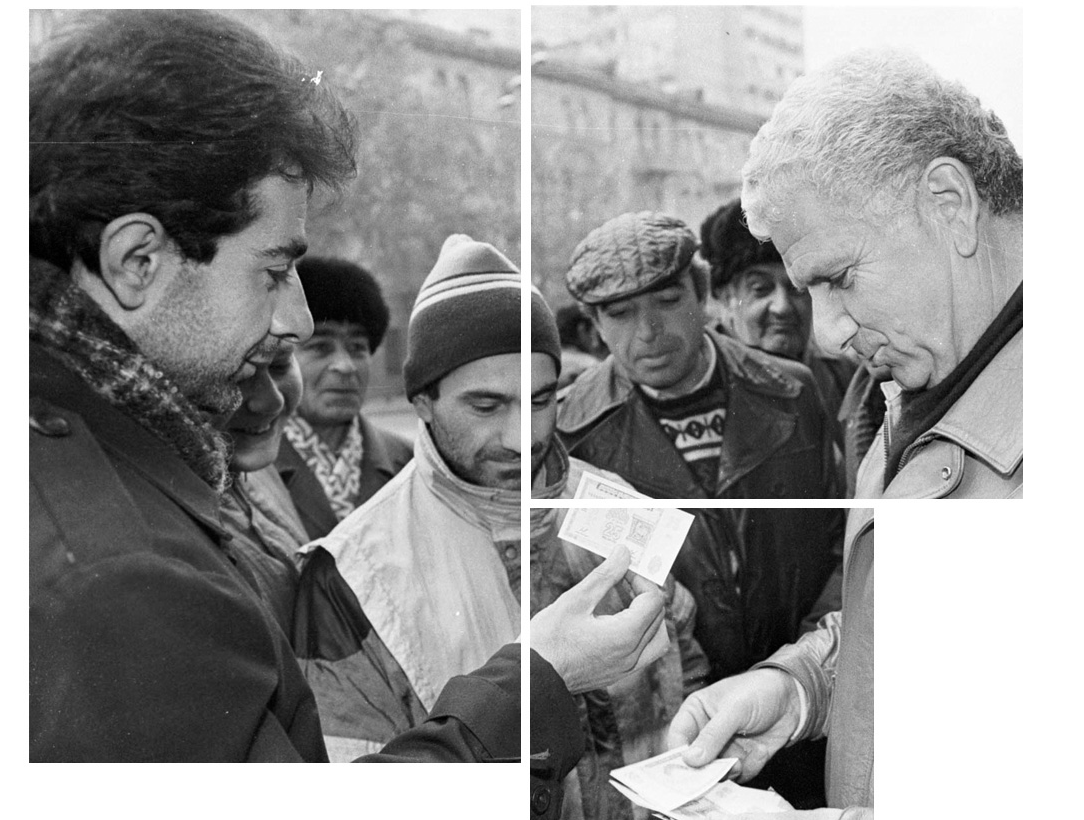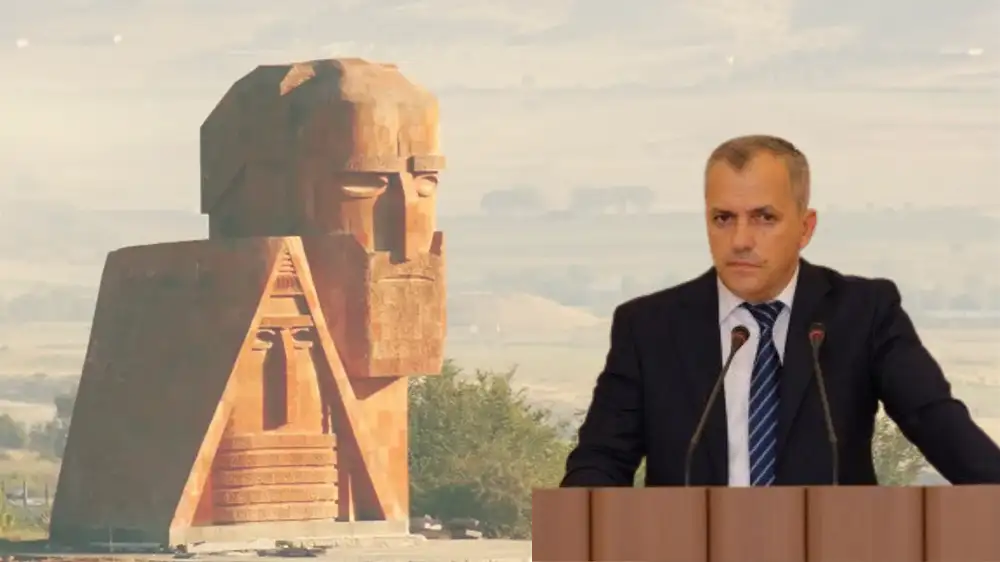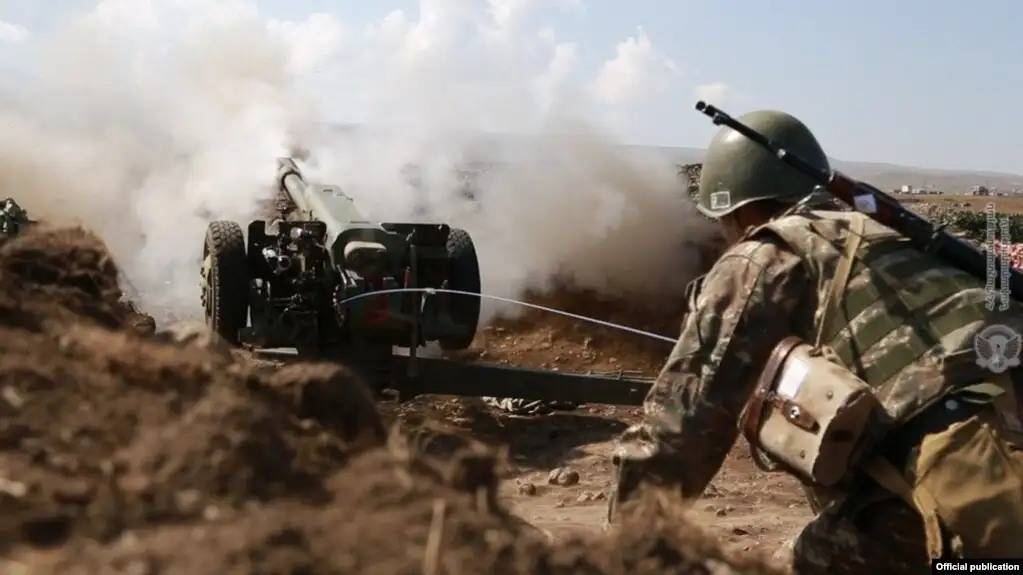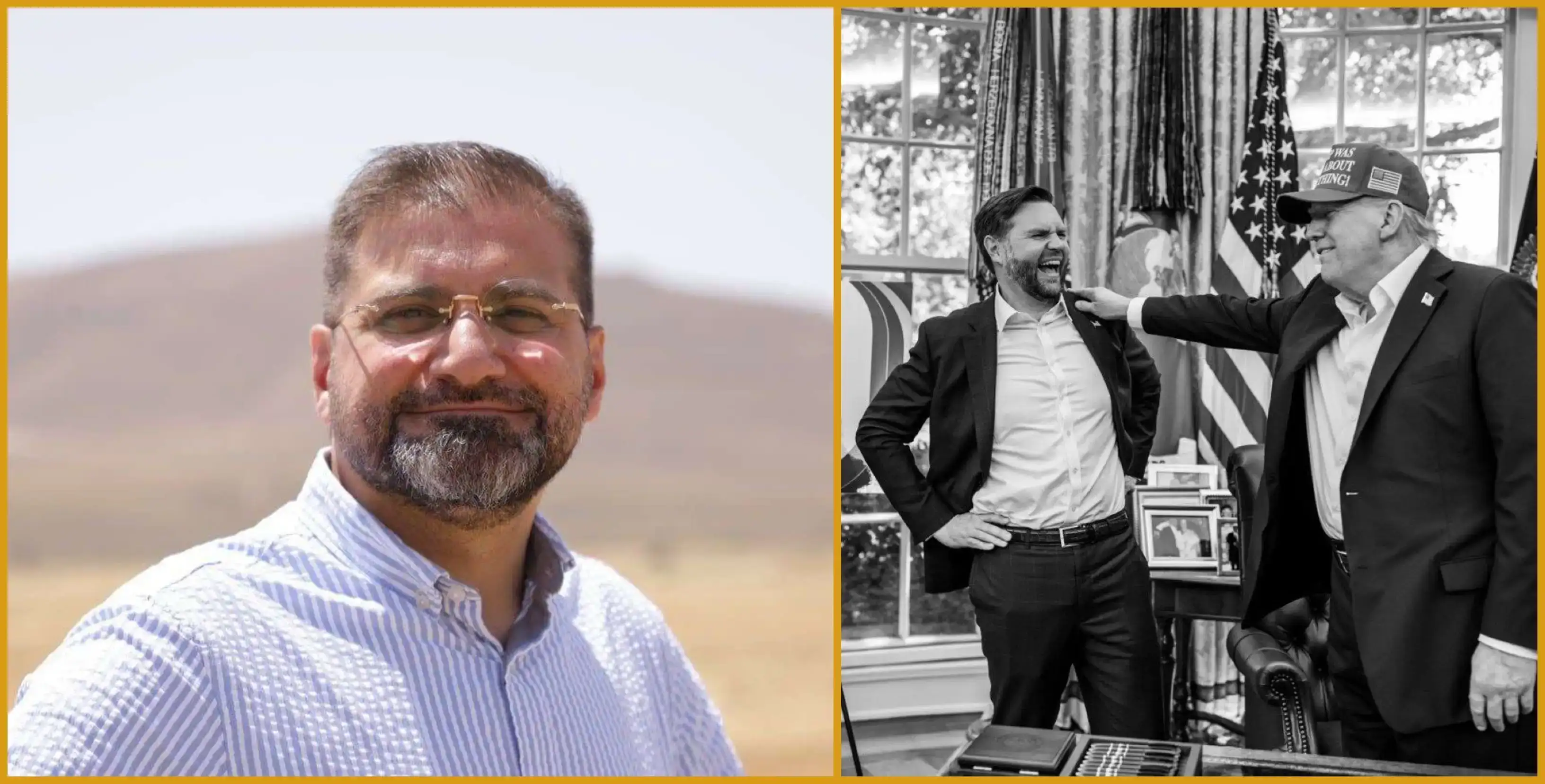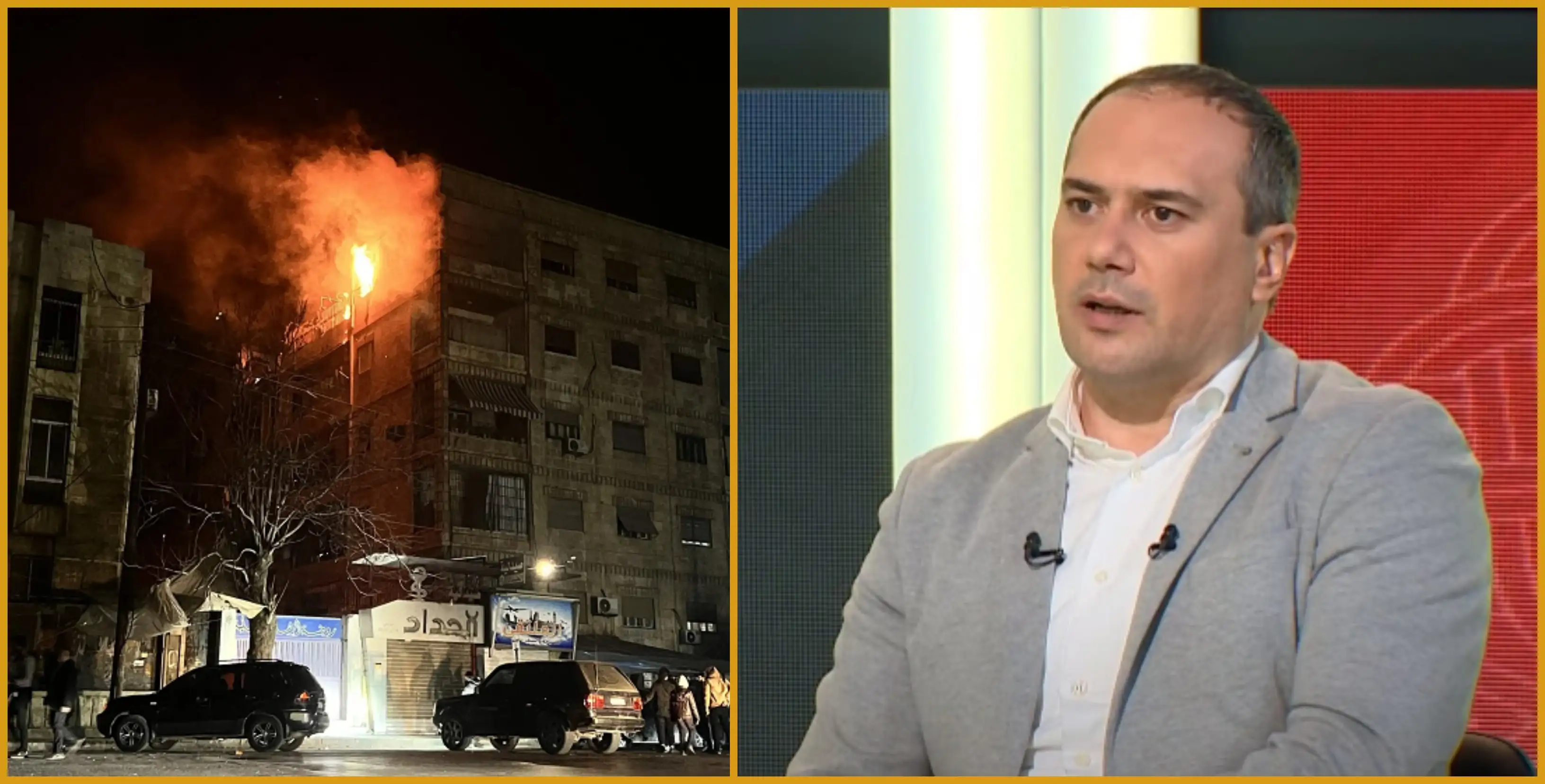Radar Armenia presents past publications of the Armenian press. Today, we present the speech of Supreme Council deputy Eduard Yegoryan on the occasion of the fifth anniversary of the Karabakh movement.
“On the threshold of 1992, Armenia’s international relations will gain a rather serious momentum. In political terms, I think that by spring the issue of recognizing Armenia’s independence will involve a considerable number of countries. By spring, several central Western states will likely acknowledge our independence, and the establishment of mutual relations will be in serious progress. In the spring, our relations with Iran and Turkey will normalize, and the roads through Turkey will be opened.
The independence of Armenia and the overall political situation in the former Soviet Union territory will depend on the economic crisis. Consequently, the issue of economic reforms is now the primary political concern. The implementation of economic reforms as quickly as possible will, in many cases, dictate political solutions, and all the former republics will consider economic reforms to be the most critical issue that year. We have some successes in the land issue; at least, we have accomplished the main thing, which still needs development and refinement. However, in the issue of privatizing other sectors, it must be said that we are lagging. The past eight months have been in vain from this point of view. I believe the entire presidential system and various factions of the Supreme Council will focus on accelerating privatization. Now, there is a struggle for power in the regions. To some extent, this is explained by the fact that in conditions where everything is still state property, position determines a lot.
Large-scale privatization will be carried out within a year, with at least 50% of the assets being privatized. In the case of a large scale, it will be possible to ensure a drastic change in the system. It will become more efficient and contribute to the preservation of social justice.
From the point of view of the social situation, the situation will be challenging in the first year. I do not see an improvement in the social situation shortly, but I hope that stabilization will occur.
As for the political situation in the territory of the former Soviet Union, the issue of the center has already been resolved. Its power is no longer excluded.
The issue of the army. Armenia will soon have its army. Stabilization of relations is expected in Azerbaijan-Armenia relations. The main reason for thinking this way is that the economic (which will be primary) and social interests of Azerbaijan, Armenia, and other republics will force us to accelerate economic reforms and look for ways out of the difficult socio-economic situation. This winter was Azerbaijan’s last chance, which it used to put pressure on us. One way or another, such tactical measures will be taken in the next 2 months, but some solution will be found in the spring.
As for the internal political life of the republic, economic reforms will be of great importance for the ruling organization in the coming year; other organizations may show some activity, engage in political confrontations, but they cannot be very significant. There is currently some tension in the relations between the regional and republican authorities, partly because the parliament, having the right to form the executive branch, often prioritizes local interests and personal interests, and the regional councils become objects of struggle for local government. I think that there will be a centralization of the executive branch. The regional councils should be granted appropriate powers, including budget approval and control, which will likely stabilize the situation in the regions.
I do not expect a sharp political struggle in the coming year.
On the Karabakh issue, it is possible to achieve greater sovereignty for Karabakh. I would not like to say in advance what that will look like. It will be the result of compromises.
